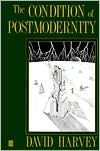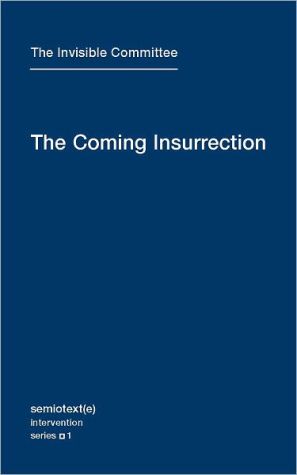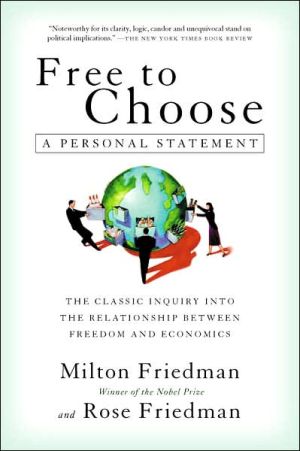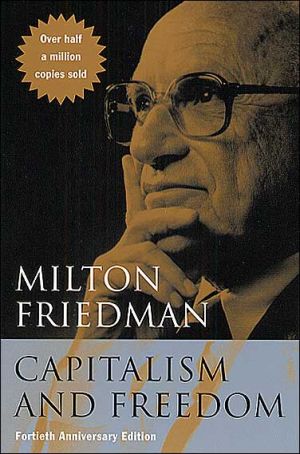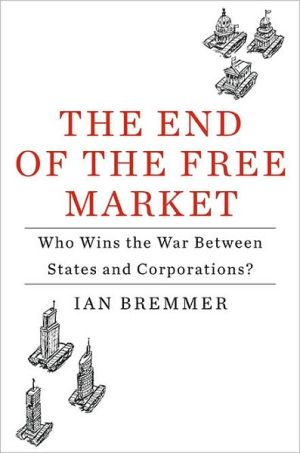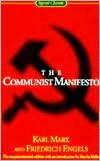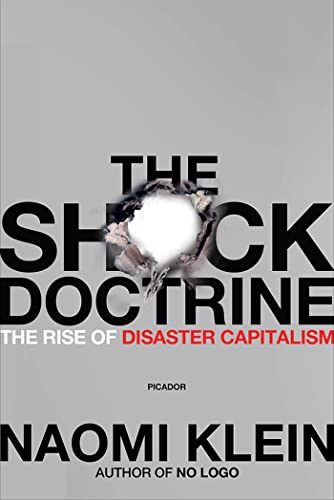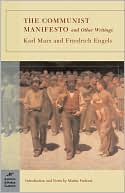The Condition of Postmodernity
In this new book, David Harvey seeks to determine what is meant by the term in its different contexts and to identify how accurate and useful it is as a description of contemporary experience.
Search in google:
In this new book, David Harvey seeks to determine what is meant by the term in its different contexts and to identify how accurate and useful it is as a description of contemporary experience. Library Journal Harvey presents an illuminating and powerful critique of postmodernism, arguing that it represents the cultural manifestation of late capitalism and specifically that it emerges from a transformation of time and space to accommodate a shift from a political economy based on Fordism to one based on flexible accumulation. Harvey moves with ease and authority over a wide range of cultural forms from architecture and urban planning to painting and literature. He is well versed in currents of postmodernist theory but avoids the pitfalls of jargon and obscurity. The book is both penetrating and accessible, an important contribution to the postmodernist debate. See also Postmodern Genres , reviewed below.--Ed.-- T.L. Cooksey, Armstrong State Coll., Savannah, Ga.
The argument.Preface.Acknowledgements.Part I: The Passage from Modernity to Postmodernity in Contemporary Culture: .1. Introduction.2. Modernity and Modernism.3. Postmodernism.4. Postmodernism in the City: Architecture and Urban Design.5. Modernization.6. POSTmodernISM or postMODERNism?.Part II: The Political-Economic Transformation of late Twentieth-Century Capitalism: .7. Introduction.8. Fordism.9. From Fordism to Flexible Accumulation.10. Theorizing the Transition.11. Flexible Accumulation - Solid Transformation or Temporary Fix?.Part III: The Experience of Space and Time: .12. Introduction.13. Individual Spaces and Times in Social Life.14. Time and Space as Sources of Social Power.15. The Time and Space of the Enlightenment Project.16. Time-space Compression and the Rise of Modernism as a Cultural Force.17. Time-Space Compression and the Postmodern Condition.18. Time and Space in the Postmodern Cinema.Part IV: The Condition of Postmodernity:.19. Postmodernity as a Historical Condition.20. Economics with Mirrors.21. Postmodernism as the Mirror of Mirrors.22. Fordist Modernism versus Flexible Postmodernism, or the Interpenetration of Opposed Tendencies in Capitalism as a Whole.23. The Transformative and Speculative Logic of Capital.24. The Work of Art in an Age of Electronic Reproduction and Image Banks.25. Responses to Time-Space Compression.26. The Crisis of Historical Materialism.27. Cracks in the Mirrors, Fusions at the Edges.References.Index.
\ From the Publisher"Devastating. The most brilliant study of post-modernity to date. David Harvey cuts beneath the theoretical debates about postmodernist culture to reveal the social and economic basis of this apparently free-floating phenomenon. After reading this book, those who fashionably scorn the idea of a 'total' critique had better think again." Terry Eagleton\ "Few people have penetrated the heartland of contemporary cultural theory and critique as explosively or insightfully as David Harvey." Edward Soja\ "David Harvey's book is probably the best yet written on the link between ... economic and cultural transformations." Financial Times\ "David Harvey's engrossing book is probably the most readable, ambitious, and intelligent work on postmodernism yet published." Voice Literary Supplement\ "In Harvey's skilful hands various strands of contemporary life, normally held far apart by specialized scholarly interests, come together again and are shown to fit with each other ... a marvellous, enjoyable and mind-opening book." Times Literary Supplement\ \ \ \ \ \ Library JournalHarvey presents an illuminating and powerful critique of postmodernism, arguing that it represents the cultural manifestation of late capitalism and specifically that it emerges from a transformation of time and space to accommodate a shift from a political economy based on Fordism to one based on flexible accumulation. Harvey moves with ease and authority over a wide range of cultural forms from architecture and urban planning to painting and literature. He is well versed in currents of postmodernist theory but avoids the pitfalls of jargon and obscurity. The book is both penetrating and accessible, an important contribution to the postmodernist debate. See also Postmodern Genres , reviewed below.--Ed.-- T.L. Cooksey, Armstrong State Coll., Savannah, Ga.\ \
